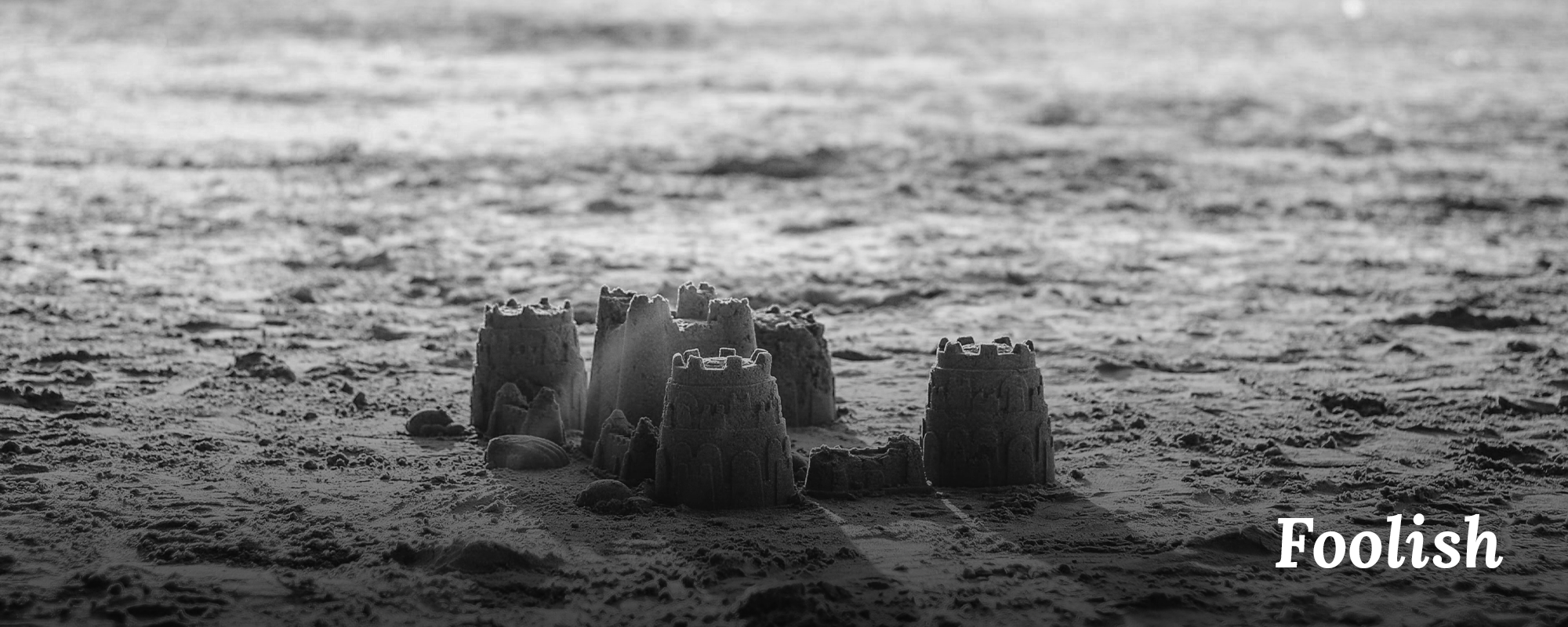Being a follower of Jesus is choosing to be foolish. Not a fool, but foolish. A fool is someone who has been duped or ignorant. Being foolish for and with Jesus is neither of those things. It’s the opposite of those things. Foolish is a wisdom that flows from knowing the difference between God’s ways and our ways. It’s a bold interdependence, not a stoic self-sufficiency. Foolishness understands you can only have real life if you give your life away. And that, you can only truly possess if you share liberally. Foolishness is understanding what we build is like sandcastles in a rising tide, so the best use of our lives is to partner with God’s eternally durable purposes. In three instances Paul talks about foolishness: the foolishness of preaching; the foolishness of the Cross, and God’s foolishness being wiser than human wisdom. John, Jesus’ cousin, is a poster child for foolishness. He’s dressed like yesterday, standing in the truth of today, proclaiming a fresh start for tomorrow. His claim to fame is standing in a muddy trickle of a river and asking people to leave their former lives and lies behind. Water and spirit, he said, will change everything. Foolish, some call it, and yet here we are, two thousand years later. Some of us would be more authentic, more liberated, and more truthful followers of Jesus if we chose to be more foolish.
For People with Bishop Rob Wright
The new podcast expands on Bishop’s For Faith devotional, drawing inspiration from the life of Jesus to answer 21st-century questions.


